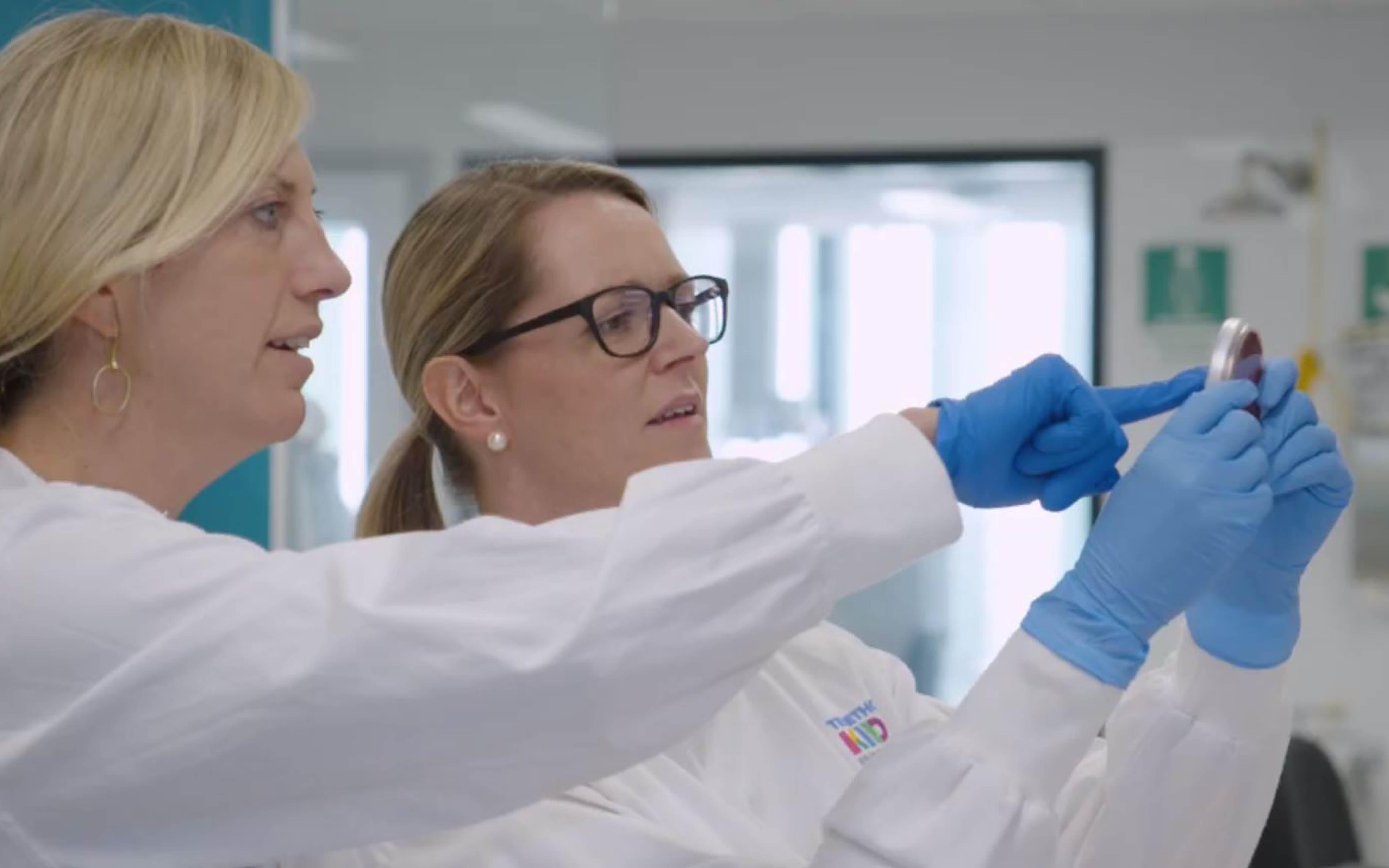Search
Showing results for "Au"

News & Events
Back to school: How to pack a healthy lunchbox to keep your child fuelled up for learning and playPlenty of parents will tell you the daily lunchbox dilemma is one thing they did not miss during the summer holidays – which stretched even longer due to WA’s hard lockdown.
Research
The Impact of Waiting Times on Behavioral Outcomes for Children with Otitis Media: Results from an Urban Ear, Nose, and Throat Telehealth ServiceChildren with otitis media (OM) experience long waiting times to access Australia's public hospitals due to limited capacity. The aim of this article is to utilize an Ear, Nose, and Throat (ENT) telehealth service (the Ear Portal) to examine whether delayed access to specialist care is associated with poorer behavioral outcomes for children with OM.
Research
Supporting parents with young children to create healthy screen time behavioursScreen time is an increasing challenge faced by parents across Australia.

The Bacterial Respiratory Infectious Disease Group (BRIDG) has a major focus ear and lung disease involving Streptococcus pneumoniae and Haemophilus influenzae.
Research
Rheumatic Heart DiseaseRheumatic heart disease (RHD) is the most important cause of acquired cardiovascular disease in children and young adults. Virtually non-existent in most of Australia, it still predominantly affects Aboriginal communities.

The Wal-yan Respiratory Research Centre is made up of multi-disciplinary teams that are committed to improving the lives of children and their families living with respiratory disease.
Research
Playful BytesNurturing children's health together: A collaboration between early childhood education and care (ECEC) educators and parents on active play and eating well
Research
Using syringe infusion pumps Springfusors for the administration of intravenous antibiotics for children with CF at PCH (SIPS-CF)André Schultz MBChB, PhD, FRACP Head, BREATH Team Head, BREATH Team Prof André Schultz is the Head, BREATH Team at The Kids Research Institute
Research
Caregiver broader autism phenotype does not moderate the effect of early caregiver-mediated support on infant language outcomesCaregiver-mediated supports in general have shown mixed evidence for enhancing language outcomes in infants at higher likelihood of autism. While caregivers play a substantial role in caregiver-mediated supports, little is known about whether caregivers' own subclinical autistic features - known as broader autism phenotype - may moderate infant language outcomes.

From ensuring exceptional insurance protection to holding fundraising events, JLT has the interests of The Kids Research Institute Australia well covered.
